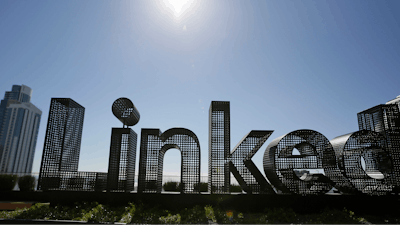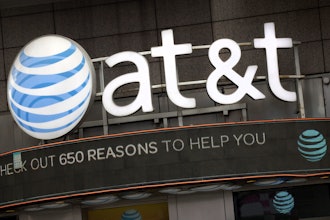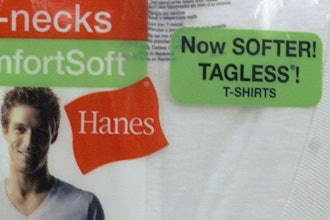
SAN FRANCISCO (AP) — A federal appeals court has affirmed the right of a startup company to collect information from people's public profiles on networking service LinkedIn.
The U.S. Court of Appeals for the Ninth Circuit in San Francisco upheld a previous ruling Monday siding with hiQ Labs, a San Francisco company that analyzes workforce data scraped from profiles.
LinkedIn invoked a federal anti-hacking law in telling hiQ to stop. It also installed technical blocks to prevent hiQ from accessing otherwise publicly available information on LinkedIn users. A 2017 ruling ordered LinkedIn to stop blocking the startup. LinkedIn appealed.
LinkedIn, which is owned by Microsoft Corp., said it is disappointed in the decision and evaluating options for an appeal. HiQ did not immediately respond for a message for comment Monday.
Orin Kerr, a law professor at the University of California, Berkeley called the ruling a "major decision for the open internet."
"It doesn't establish that scraping websites is completely legal, but it goes a long way toward establishing that it's not a federal crime," he said. The decision, he added, means that, while a hacker could be arrested for breaking into a website, a person "can't be arrested and prosecuted just for visiting it."






















